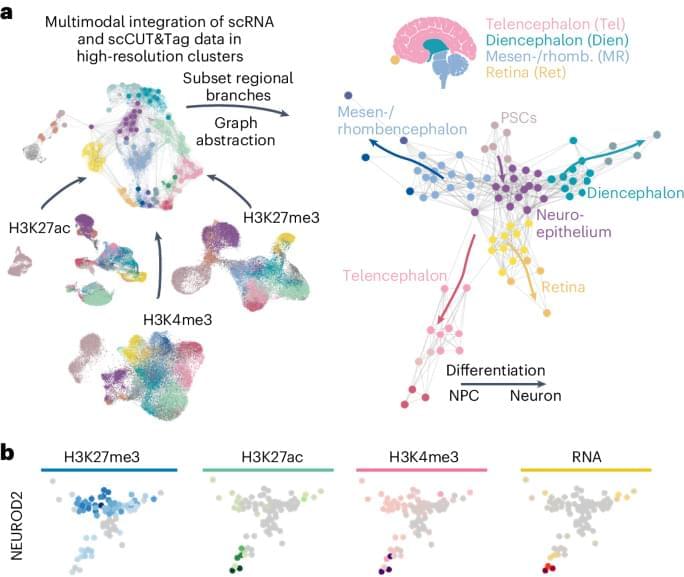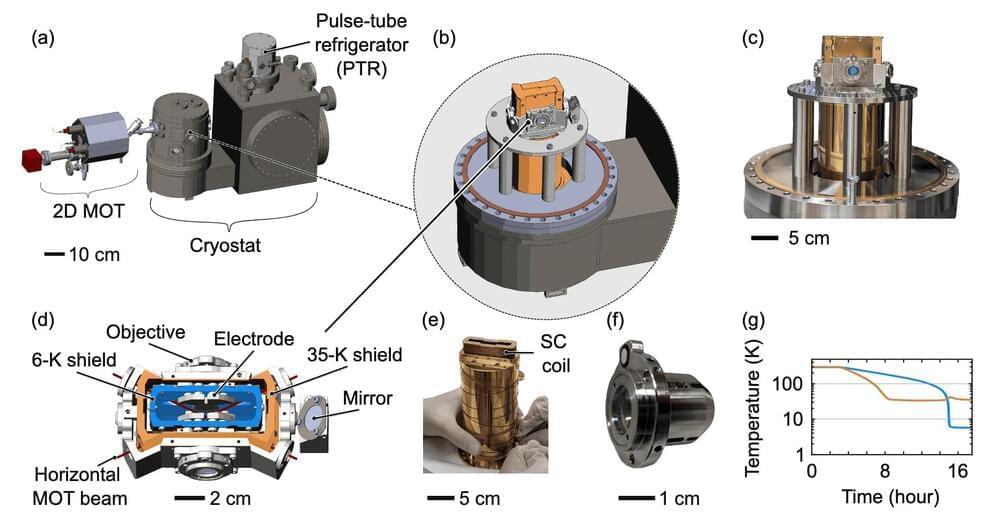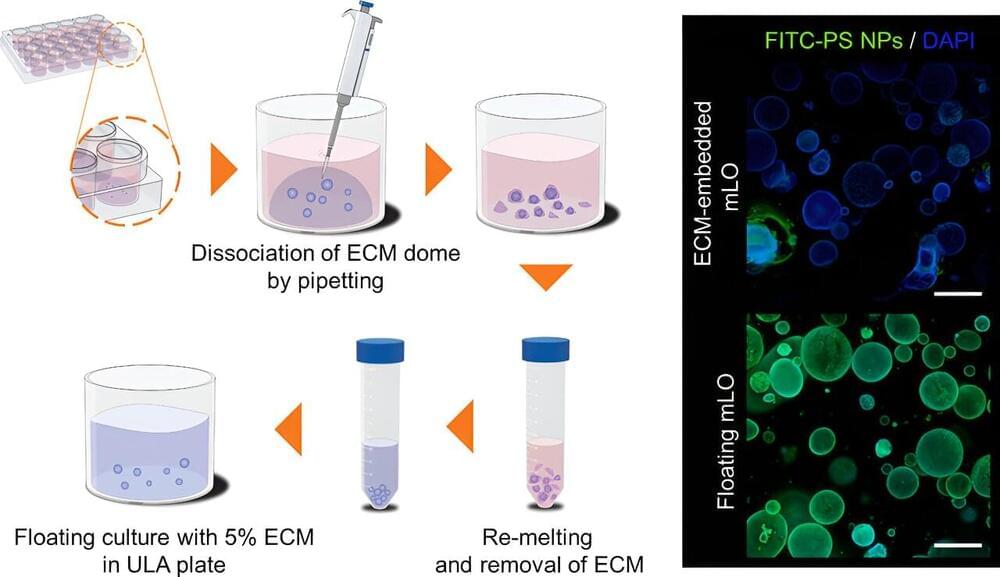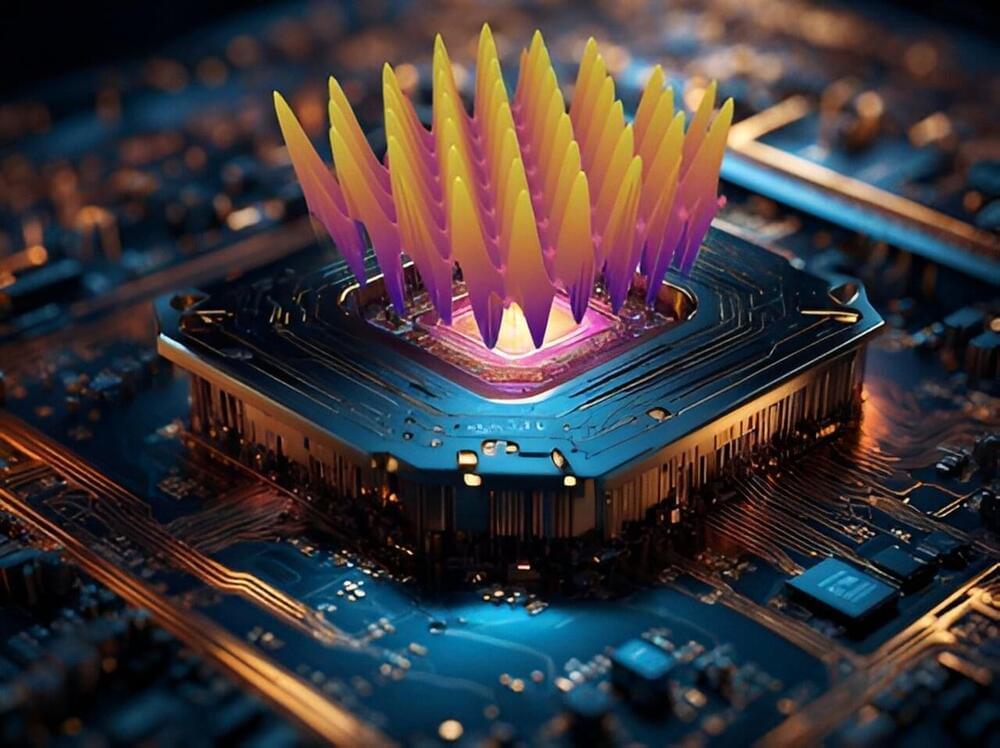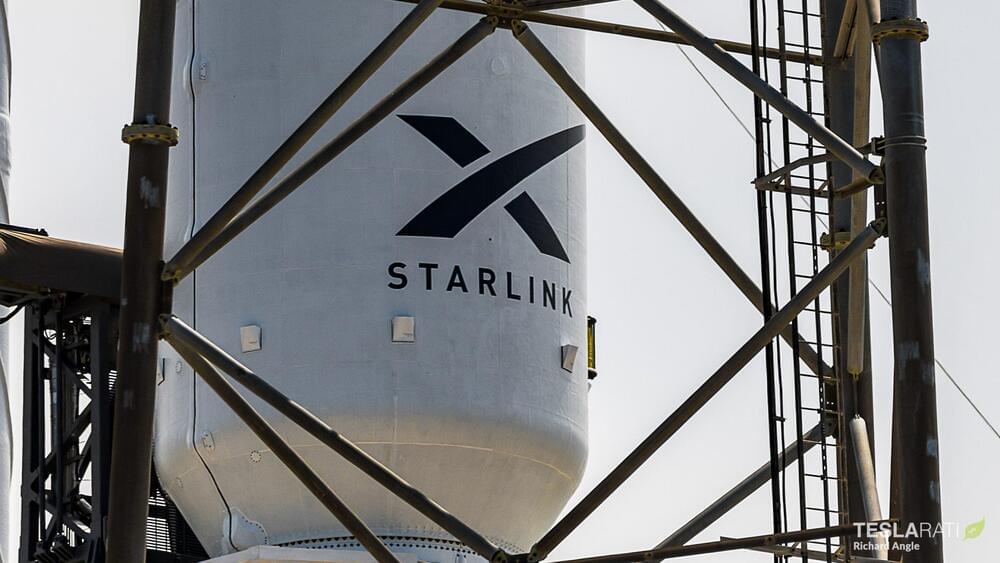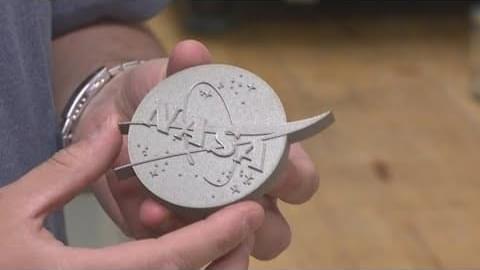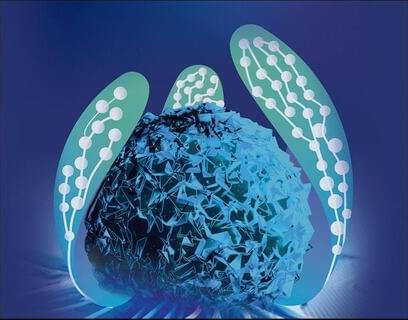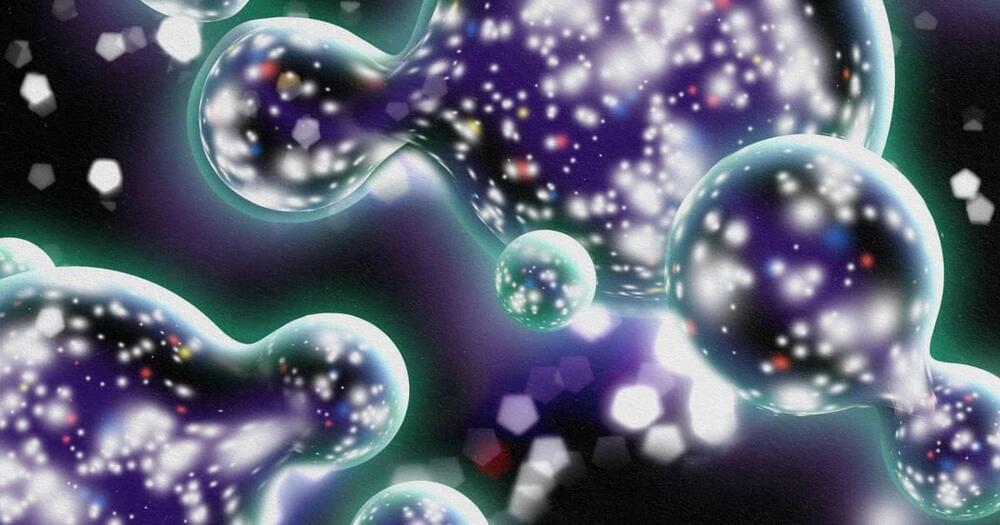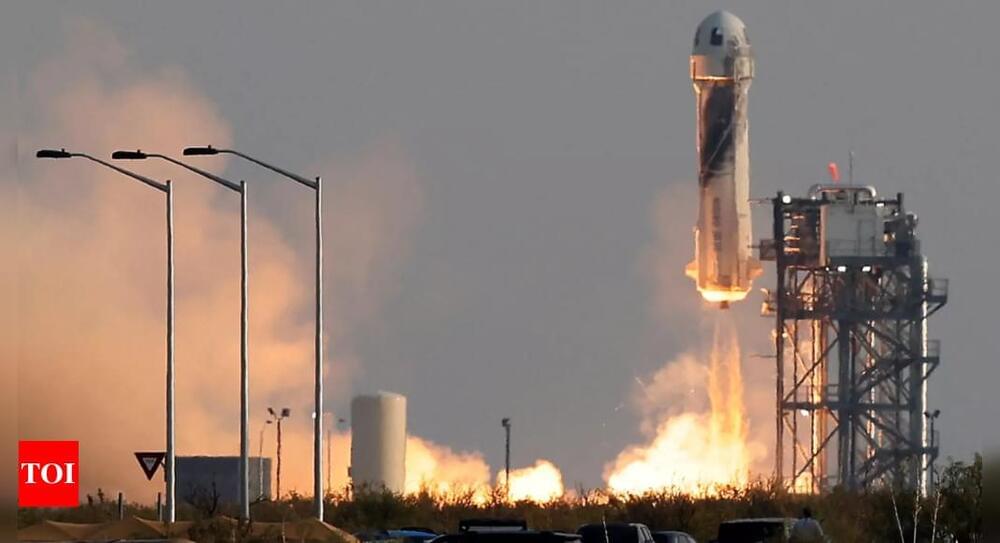
Expensive, risky and elite — that’s space travel in a nutshell ever since Yuri Gagarin became the first human to be sent to space 63 years ago. Till now, less than 700 astronauts have reached space altitude and a majority among them have been from just three countries. Even commercial space flights remain exclusive to the few who can afford them.
But not anymore. Giving regular folks from around the world a chance to become astronauts and participate in space science, US-based Space Exploration and Research Agency (SERA) has partnered with Jeff Bezos’ Blue Origin to develop what they call “a human spaceflight programme for citizens of all nations”. The cost will be borne by SERA, and co-founders Sam Hutchison and Joshua Skurla say they might even be tapping talent from India for their programme.
In line with this mission to make space accessible, SERA has just signed an agreement to send the first Nigerian to space. In June 2022, Victor Hespanha, a 28-year-old civil engineer from Brazil, was selected to travel to space onboard Blue Origin’s New Shepard Rocket (NS-22). He was only the second Brazilian astronaut, and soon became a national hero.
